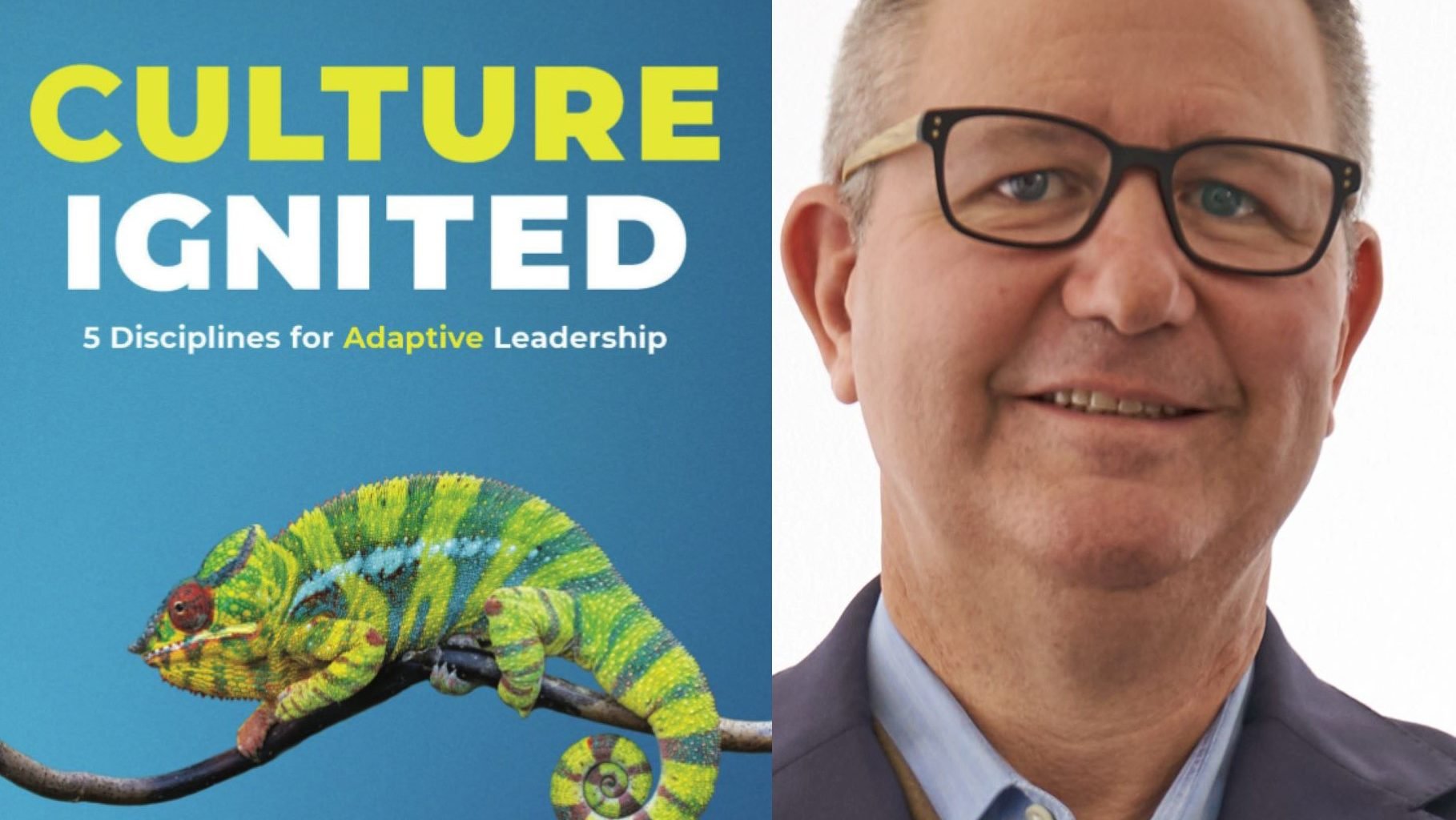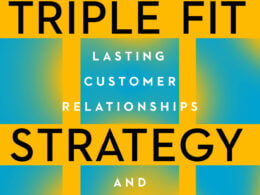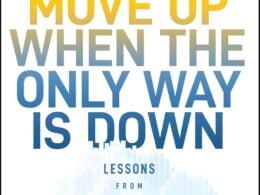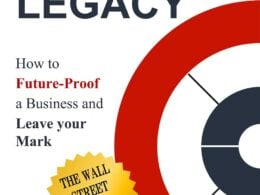Excerpted from “Culture Ignited: 5 Disciplines for Adaptive Leadership,” by Jason Richmond (Ideal Outcomes, Inc., September 2021).
Crisis planning
Few companies had a crisis management plan in place that could handle the pandemic and, in all likelihood, few have one in place now. Yet the time to prepare for a future crisis is right now, on the heels of the pandemic. As Vibhas Ratanjee, Senior Practice Expert, Organizational and Leadership Development, Gallup, says, “You may not be ready to think about the next catastrophe, not now when the unknowns outnumber the knowns. It might feel like trying to change bald tires while the car is skidding on ice. But a crisis is exactly when CEOs and boards most need what a cohesive executive team offers—strong partnerships, shared vision, and mutual accountability. The best time to disaster-proof a team is before trouble starts, but the second-best is during it.”
We slip all too quickly into a focus on immediate issues, and we need to balance that with long-term thinking.
Crisis planning requires a thorough postmortem of the most recent crisis—preferably with the aid of an independent third party that can provide objectivity—and a plan for preparing for and responding to future threats, unknown though they may be.
It’s easy to focus on the day-to-day challenges rather than take time out to plan for an event that might occur years down the road. We slip all too quickly into a focus on immediate issues, and we need to balance that with long-term thinking.
Related: 5 Leadership Traits No Entrepreneur Succeeds Without
Teamwork and leadership
Collaboration and teamwork are critical competencies if an organization is to thrive beyond a crisis. Key to thriving is being able to balance transitory or tactical responses with those that drive true transformation. Such balance is achievable when companies bolster their collective strength with diversity and teamwork. CEOs must lead this charge and can only do that when they deeply understand the strengths and weaknesses of each team member so individuals and teams can be deployed in ways that are efficient, effective, and fulfilling to the people involved.
Perhaps of greater importance is for a CEO to understand his or her own strengths and weaknesses so they can become a good leader, not only when times are good but also, and especially, when times are bad. Yet CEOs rarely invest time to reflect on their own strengths and skill gaps. An Egon Zehnder survey of 402 CEOs who together run companies with $2.6 trillion in sales, found that:
- 68 percent admitted that with the benefit of hindsight, they weren’t fully prepared for the job,
- 50 percent said driving culture change was more difficult than they’d anticipated, and
- 47 percent admitted that developing their senior leadership team was surprisingly challenging.69
The survey respondents said that while they had felt ready for the strategic and business aspects of the position, they fell short when it came to the equally important personal and not as a “fix” or “remediation” but as a strategic solution for growth and transformation. High level skills that can be significantly enhanced though executive coaching include communicating with candor; building genuine relationships with empathy; creating, inspiring, and leading hybrid, diverse teams; and leveraging adaptability and resilience.
It’s understandable that CEOs working through a crisis—especially one as crippling as a pandemic—may fixate on urgent corporate priorities and the fight for survival. But this shouldn’t be done at the expense of purpose.
Going forward with purpose
It’s understandable that CEOs working through a crisis—especially one as crippling as a pandemic—may fixate on urgent corporate priorities and the fight for survival. But this shouldn’t be done at the expense of purpose, which is essential in the long haul. The real test with purpose is reimagining how it becomes a vital part of your post-pandemic business.
McKinsey research during the pandemic found that people who said they were “living their purpose” at work reported levels of well-being five times higher than those who weren’t, and they were four times more likely to report higher engagement levels. There was also a positive correlation between the purposeful living of employees and their company’s EBITDA (earnings before interest, taxes, depreciation, and amortization) margin—which is an indicator of overall corporate profitability.
One thing that may be hard for leaders to admit is how often they have taken talented, motivated employees for granted. Employees deserve better, and a focus on organizational and individual purpose must be part of a broader effort to ensure that employees are given the primacy they deserve.
Related: 5 Reasons Why Startups Need to Create a Crisis Communications Plan Now
What can leaders do to help ignite purpose? Zappos is a fine example. The company set up a customer service hotline that moved beyond fielding questions about shoes to resolving people’s pandemic-related issues. It kept Zappos’ customer service reps occupied in a meaningful, psychologically satisfying way—helping people who were struggling.
Purpose needs to be embedded into the entire employee life cycle, including recruiting, onboarding, strengths-based feedback, and performance management. The more you accomplish this, the greater the value you will reap and the more company alignment you will realize.
In many ways, organizations have already fast-forwarded into the future of work, says Deloitte in its “2020 Global Human Capital Trends Report.” Lessons learned and actions taken need to be permanent.
The report says, “While moments of crisis can lead to heroic and unprecedented actions, the sustainability of those actions is where the true path towards recovery will begin. That path must be paved not only with good intentions but with meaningful change. Organizations face a choice between returning to a post-COVID world that is simply an enhanced version of yesterday or building one that is a sustainable version of tomorrow. The risk is more than that of falling behind—it’s the possibility of never catching up at all.”79
“Culture Ignited: 5 Disciplines for Adaptive Leadership” is available now and can be purchased via StartupNation.com.






